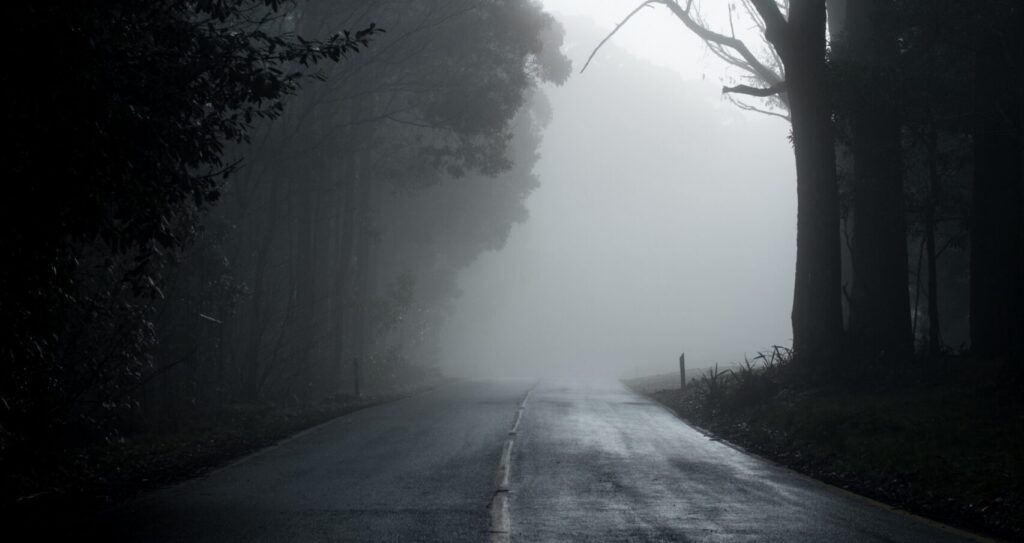Zephaniah prophesied against the sins of Judah early in the reign of Josiah around 640-620 BC (Zeph. 1:1). Because of the idolatry and moral corruption prevalent among the people, Zephaniah proclaimed, “The great day of the LORD is near” (Zeph. 1:14). For those enmeshed in sin, the day of the Lord’s judgment is not pleasant. “That day is a day of wrath, a day of trouble and distress, a day of wasteness and desolation, a day of darkness and gloominess, a day of clouds and thick darkness,” (Zeph. 1:15). God would arrange the Babylonian invasion of Judah as punishment. Those punished would stumble around like blind men because of their sins (Zeph. 1:17). Gold and silver would not be able to deliver them from the Lord’s wrath (Zeph. 1:18).

Violence and deceit were prevalent in that day (Zeph. 1:9). Jeremiah, who prophesied around the same time as Zephaniah, also highlighted violence and plundering in Judah for which God would bring in Babylon for their destruction. Some years prior, Micah decried the violence of rich men and deceitful tongues in Jerusalem (Mic. 6:12). While we do not live in the same time as Zephaniah, we do live in a world filled with violence and deceit. From the beginning, God has always punished mankind when society becomes filled with violence (Gen. 6:11). Today we have also been warned of the day of the Lord’s judgment (1 Cor. 5:5; 1 Thess. 5:2; 2 Pet. 3:10). It will not be Babylon coming upon Judah as in Zephaniah, but a day in which “the heavens shall pass away with a great noise, and the elements shall melt with fervent heat, the earth also and the works that are therein shall be burned up” (2 Pet. 3:10). The same sins denounced in Zephaniah’s day must be denounced today. Those who participate in them without humbling themselves in repentance and obedience to the Lord will suffer. Revelation 21:8 says, “But the fearful, and unbelieving, and the abominable, and murderers, and whoremongers, and sorcerers, and idolaters, and all liars, shall have their part in the lake which burneth with fire and brimstone: which is the second death.”
Zephaniah’s name means “Jehovah hides,” which may indicate that the Lord will protect the righteous in the day of wrath. God takes note of the righteous who do not follow the majority in the sins of the day. Exodus 12 showed how God passed over the righteous families of Israel who followed the Lord’s instructions so that they were spared from the plague that killed all the firstborn in Egypt. Zephaniah pointed toward a remnant who do not commit iniquity, nor speak lies, but rather trust in the name of the Lord (3:12-13). Those who through baptism have died with Christ and have been risen with Him have their sins covered by His blood (Rom. 4:7). Their lives are hidden with Christ in God (Col. 3:3). Instead of being filled with pride, these are poor in spirit (Zeph. 3:12; Mt. 5:3). Instead of deceiving and being deceived, these people feed on God’s word (Zeph. 3:13; 1 Pet. 2:2; Acts 20:32), believe the truth (1 Thess. 2:13; 1 Jn. 2:21; 3:19, and speak it in love to others (Eph. 4:15). One can look to the day of judgment with confidence if one believes the truth and is abiding in the love of God (1 Jn. 4:17).

I love all your money and materials for using but I guess that you didn’t allow other countries like Africa to benefit it.